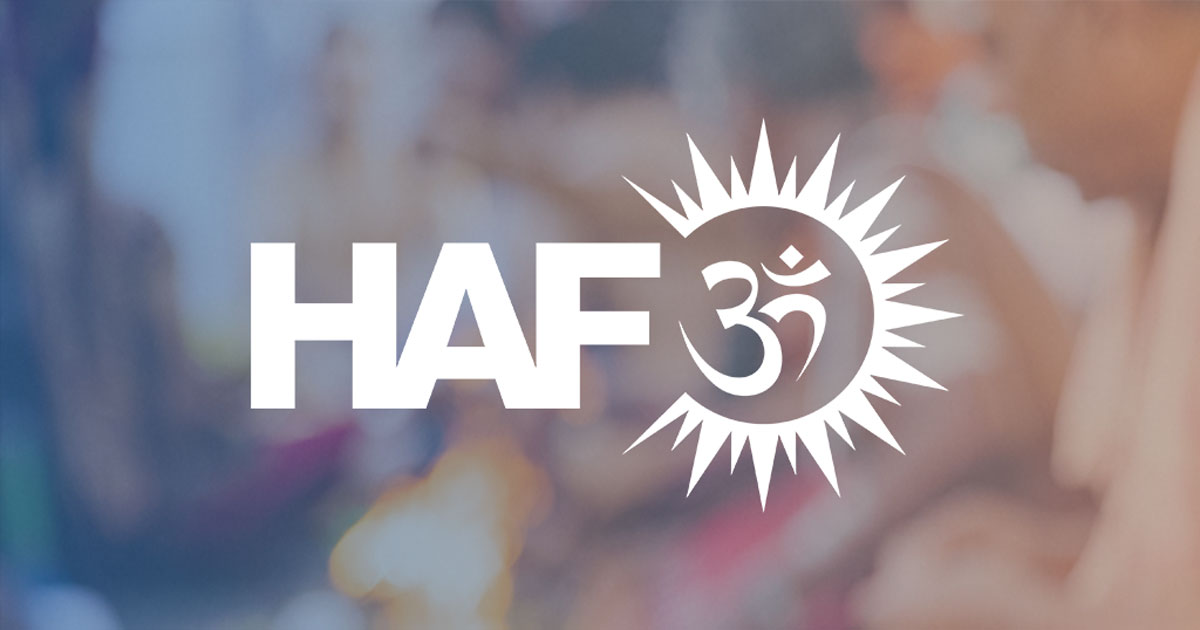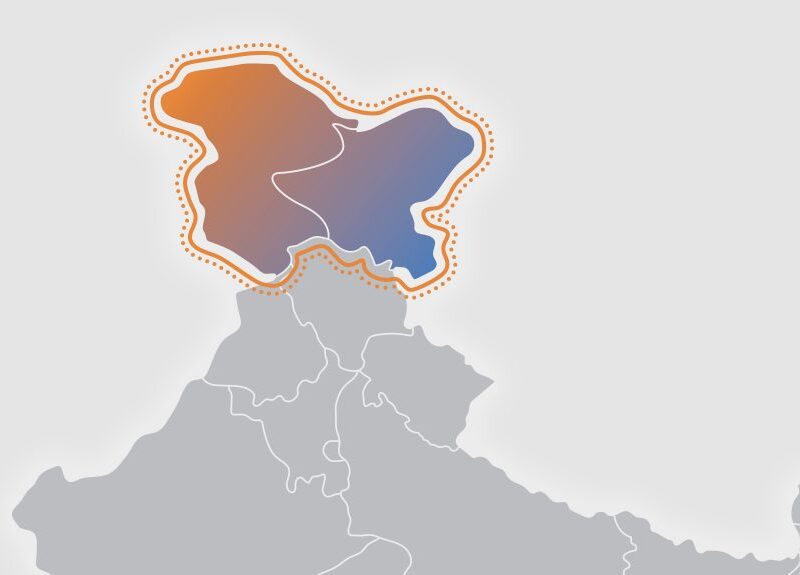
What are the ethical and moral implications of incendiary political language?
After Saturday’s tragic shooting in Tucson, Arizona, some have pointed the finger at inflammatory political rhetoric.
Many singled out Sarah Palin’s now-infamous “Don’t Retreat, Instead – RELOAD!” tweet and her ‘Crosshairs’ campaign map, which included Congresswoman Gabrielle Giffords’ district, as a sign that some politicians have gone too far in stoking vitriol against their political opponents. (Since the shooting, Palin reportedly emphasized in an email that she “hates violence.”) Others reject any connection between the shooter, who does not appear to espouse any coherent ideology, and our current political climate.
The man who calmly and methodically visited depravity and madness upon a grocery store in Tucson last week, wounds us deeply–unnerves us–beyond the utter tragedy of the lives lost and broken. The killer personifies the horror that our society has the potential to put forth–a profoundly disturbed, displaced soul, un-anchored and listless, until it hits a mine and explodes.
The killer was in our midst, everyone knew he would crack, it was just the time, date and place that was unknown. We may even know of such people in our own lives. What to speak of a society where you see in the sick, not a poor soul in need of help, love or treatment, but a ticking time bomb ready to blow?
We live in a society where not knowing neighbors is a virtue–so busy we are in our important lives, so absorbed–who has time to waste blathering over the backyard fence? An odd kid, the ornery old man are avoided, disengaged from our lives as a freak-show we content ourselves to watch from afar.
Add to the daily alienation of our lives, the easy anonymity of interactions with others. Wimps become tigers on the internet, wielding threats and epithets that toe a fine line, indeed, between metaphor and the literal. Politics take no prisoners, and the political discourse reflects the impersonal, polarized rhetorical discourse where only one way is right. A pluralist Hindu as myself, will hear echoes in today’s politics of the same exclusivity, intolerance for diverse opinions and unforgiving certitude and intolerance seen in the relentless push of predatory proselytizers or a suicidal terrorist running amok in Mumbai in the realm of religion.
We watched last week as a moderate governor in Pakistan was gunned down for daring to advocate against the ludicrous anti-blasphemy laws of that country, and observers noted that one’s political and humanitarian instincts have deadly consequences there. To speak loudly for persecuted Christians, Ahmadiyyas and Hindus–and against laws that target them–will get you killed. Pakistan did not get to this notorious place in its history overnight. It is an insidious mix of politics and advocacy finding sanction in religiosity and diktats that leads many to impose the “true” ideology, religion or moral persuasion on others that results in a Pakistan of lost promises we see today.
Sarah Palin’s pugnacity mixed with militant metaphors vitiates the political narrative, though she is only feeding the appetite of a people that crave Rush Limbaugh’s, Sean Hannity’s and yes, Keith Olbermann’s and Bill Maher’s. The take-no-prisoner approach empowers one in the comfort of knowing the “truth”–but while it is good radio or television, it promotes intolerance and hate. Are we on a slippery slope where reasoned debate is shouted down at first, different opinions mocked openly later and then, finally, invite calumny and destruction for your words as the end game?
But let us be very clear. Lives were lost and and a congresswoman maimed in Tucson–compounded by the lost promise of a nine year old–not necessarily because of Palin’s bellicose imagery or Limbaugh’s rants. Easy access to a Glock, inability to deal with copious warning signs and stigma of mental illness are all culpable. The deranged man alone is responsible in the final accounting, but society failed all of the victims on many levels and this time for introspection should not be lost.






































